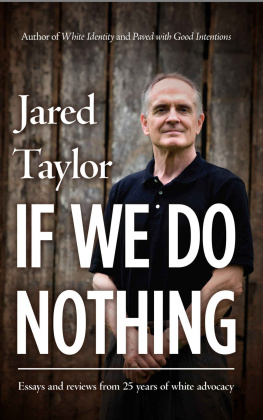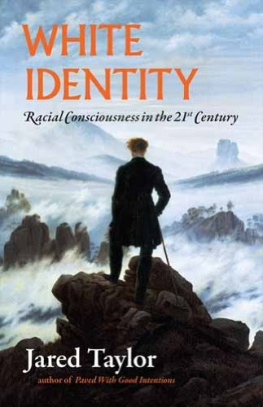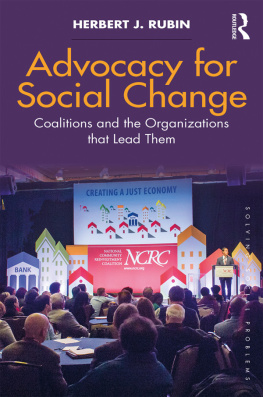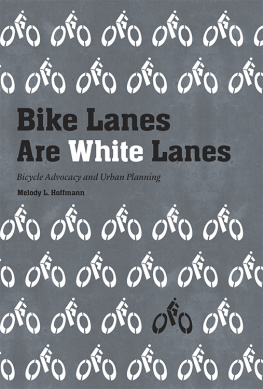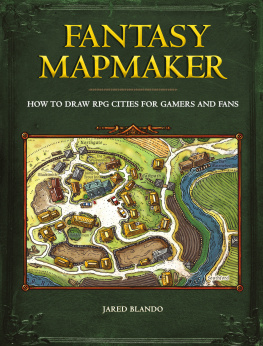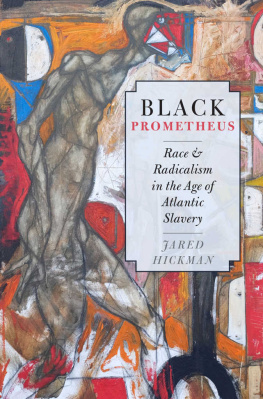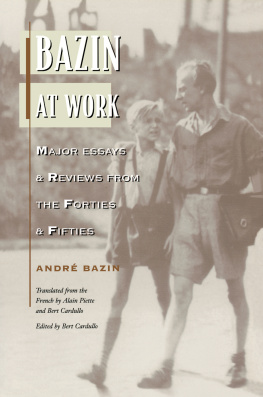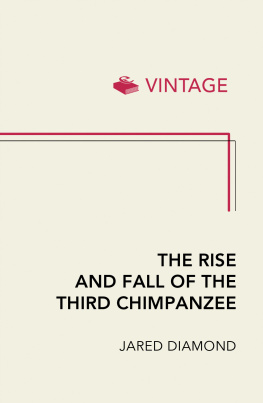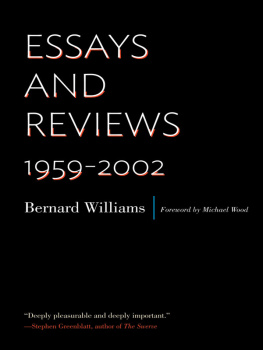Jared Taylor - If We Do Nothing: Essays and Reviews from 25 Years of White Advocacy
Here you can read online Jared Taylor - If We Do Nothing: Essays and Reviews from 25 Years of White Advocacy full text of the book (entire story) in english for free. Download pdf and epub, get meaning, cover and reviews about this ebook. year: 2017, publisher: New Century Books, genre: Politics. Description of the work, (preface) as well as reviews are available. Best literature library LitArk.com created for fans of good reading and offers a wide selection of genres:
Romance novel
Science fiction
Adventure
Detective
Science
History
Home and family
Prose
Art
Politics
Computer
Non-fiction
Religion
Business
Children
Humor
Choose a favorite category and find really read worthwhile books. Enjoy immersion in the world of imagination, feel the emotions of the characters or learn something new for yourself, make an fascinating discovery.
- Book:If We Do Nothing: Essays and Reviews from 25 Years of White Advocacy
- Author:
- Publisher:New Century Books
- Genre:
- Year:2017
- Rating:5 / 5
- Favourites:Add to favourites
- Your mark:
- 100
- 1
- 2
- 3
- 4
- 5
If We Do Nothing: Essays and Reviews from 25 Years of White Advocacy: summary, description and annotation
We offer to read an annotation, description, summary or preface (depends on what the author of the book "If We Do Nothing: Essays and Reviews from 25 Years of White Advocacy" wrote himself). If you haven't found the necessary information about the book — write in the comments, we will try to find it.
If We Do Nothing: Essays and Reviews from 25 Years of White Advocacy — read online for free the complete book (whole text) full work
Below is the text of the book, divided by pages. System saving the place of the last page read, allows you to conveniently read the book "If We Do Nothing: Essays and Reviews from 25 Years of White Advocacy" online for free, without having to search again every time where you left off. Put a bookmark, and you can go to the page where you finished reading at any time.
Font size:
Interval:
Bookmark:

If We Do Nothing
Essays and reviews from 25 years of
white advocacy
Also by Jared Taylor:
Shadows of the Rising Sun: A Critical View of the Japanese Miracle
The Tyranny of the New and Other Essays
Paved With Good Intentions: Race Relations in Contemporary America
White Identity: Racial Consciousness in the 21st Century
Also available from New Century Books:
Paved With Good Intentions:
The Failure of Race Relations in Contemporary America
A Race Against Time:
Racial Heresies for the 21st Century
Race and Reason: A Yankee View
The Affirmative Action Hoax:
Diversity, the Importance of Character, and Other Lies
The Real American Dilemma:
Race, Immigration, and the Future of America
Why Race Matters:
Race Differences and What They Mean
Essential Writings on Race
White Identity:
Racial Consciousness in the 21st Century
Face to Face With Race
IF WE DO NOTHING
Essays and reviews from
25 years of white advocacy
by
Jared Taylor
Copyright 2017 by New Century Foundation
New Century Books
Cover design by Kevin I. Slaughter
Published in conjunction with:
American Renaissance (www.AmRen.com)
ISBN No. 978-0-9838910-4-8
Introduction
For several years, friends have urged me to collect my best writing from the last 25 years into a single volume. It is flattering to think there could be a demand for such a book, but I resisted the idea. First, a collection of my best work at age 65 has a disturbing air of finality. Will I write enough good pieces over the next 25 years to justify Volume Two, or is this the end of the line?
Second, there is the problem of what to put in and leave out. I have written several books, in which I developed what I think are my best contributions to the questions of race relations and what they mean for whites. Paved With Good Intentions (1992) and White Identity (2011) are full of serious stuff of that kind, and I have tried to avoid covering the same ground. Still, most of my other writing is related to the central themes of those books; for those of us who have a correct understanding of race, the failure of Western man to take the most basic steps to ensure his own survival is a tragedy that is never entirely out of our minds.
The first chapter therefore touches on those themes, but from various angles. In The Ways of our People, for example, I have tried to understand why Western man seems to have chosen oblivion rather than survival. This is such an unnatural choice it cries out for explanation.
The second chapter, on history, is a different way of trying to understand the strange inability of whites to defend their own interests. In The Racial Ideology of Empire, I describe the surprising reluctance of Europeans, even at the height of the Age of Empire, to act in explicitly racial ways. We assume that the men who built the French and British empires had a strong racial consciousness, which has simply been lost. Not so. The white mans ambivalence about race goes back a long time.
The Real Story of Brown v. Board is a much more recent case of the white mans failure to understand race. It is the most praised and admired Supreme Court decision in American history; it is also a misreading of the Constitution, was arrived at through unethical collusion, and led to the agony of forced school integration, which drove whites out of Americas cities. None of this matters to Brown s admirers because it was based on delusions they share to this day.
The third chapter, on current events, contains the passage that is the favorite of those who want to prove that I am a racist. It is the conclusion of an article about the degenerate behavior of blacks in New Orleans after Hurricane Katrina:
The races are different. Blacks and whites are different. When blacks are left entirely to their own devices, Western Civilizationany kind of civilizationdisappears. And in a crisis, it disappears overnight.This is probably the harshest thing I have ever written about blacks, but I will stand by it until proven wrong. It will be hard to prove me wrong because blacks are never left entirely to their own devices. Even in the darkest corners of Haiti and Africa there are automobiles, cell phones, and electric generators. When misery reaches front-page proportions, there is foreign aid. But even with the technology and charity of the white man, is there an entirely black-run countryor even a citythat rises above survival and contributes to what can honestly be called civilization? If there is, readers will doubtless let me know.
The fourth chapter is called A Different Perspective, and I have tried to include articles that justify that faintly self-congratulatory title. The first piece expresses my genuine bewilderment at the adulation Rosa Parks got all her life and especially after she died. People love myths and heroes, but can I really be the only person who thinks that sitting down on a bus does not make someone a hero? Every other article in this chapter is likewise an expression of bewilderment; maybe a better title would have been Out of Step.
The last chapter says a few things about me. I think many writers talk more than they should about themselves, so this chapter is shorter than the others. It also includes my recollections of two men whom I was lucky to know well: Sam Francis and Joe Sobran. It is sobering when members of your own generation die; it is tragic when truly brilliant minds are snuffed out. I have tried to convey something of what it was like to be in the company of those remarkable men.
Finally, I would like to thank Chris Roberts and Henry Wolff of the staff of American Renaissance for pestering me to the point of actually putting this collection together and for proofing the text. They made excellent suggestions on what to include; I overruled them only a few times, even though they were probably right.
I would also like to thank Kevin Slaughter for managing to turn a photograph of me into an attractive book cover. Even a collection of my own previously published articles has turned out to be very much a collaborative effort.
Jared Taylor, Oakton, Virginia
June 21, 2017
Contents
1. BASIC PRINCIPLES
2. HISTORY
3. CURRENT EVENTS
4. A DIFFERENT PERSPECTIVE
5. SPEAKING PERSONALLY
1. Basic Principles
If We Do Nothing
T HE NATION WE ARE BUILDING IS ONE IN WHICH WE WOULD NOT WISH TO LIVE.
This is the text of the speech I gave at the first American Renaissance conference, in Atlanta in 1994. The statistics with which I began the speech are now out of date and even more worrying. Whites are now expected to become a minority in the United States by 2043. In 2013, there were more births to non-white mothers than to white mothers, and the disproportion has grown every year since then.
In March, the Census Bureau released its periodic projection of the ethnic makeup of the United States during the next few decades. It reported cheerfully that if current immigration and birth rates hold steady, by the year 2050 the percentage of Hispanics will have increased from 10 to 25 percent, that of Asians from three to eight percent, and that of blacks from 12 to 14 percent. All these increases will come at the expense of whites, who are projected to fall from 74 percent of the population to about 50 percent.
Within 54 years, therefore, whites will be on the brink of becoming just one more racial minority. And because whites are having so few children, they will be an old minority. Within just 34 yearsby 2030they will already account for less than half the population under age 18, but will be three quarters of the population over 65. Some of the people reading these words will be alive when these things come to pass.
Next pageFont size:
Interval:
Bookmark:
Similar books «If We Do Nothing: Essays and Reviews from 25 Years of White Advocacy»
Look at similar books to If We Do Nothing: Essays and Reviews from 25 Years of White Advocacy. We have selected literature similar in name and meaning in the hope of providing readers with more options to find new, interesting, not yet read works.
Discussion, reviews of the book If We Do Nothing: Essays and Reviews from 25 Years of White Advocacy and just readers' own opinions. Leave your comments, write what you think about the work, its meaning or the main characters. Specify what exactly you liked and what you didn't like, and why you think so.

